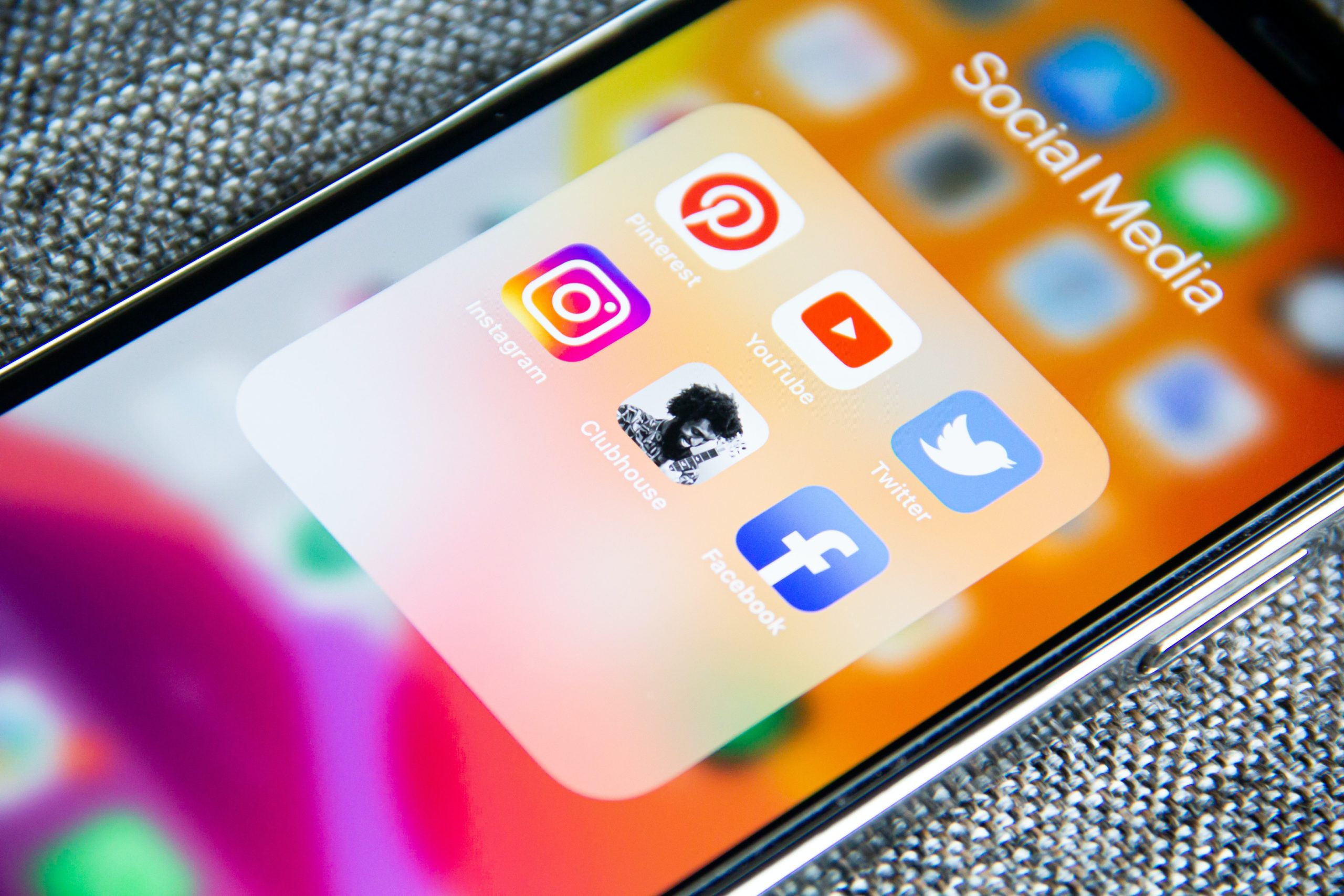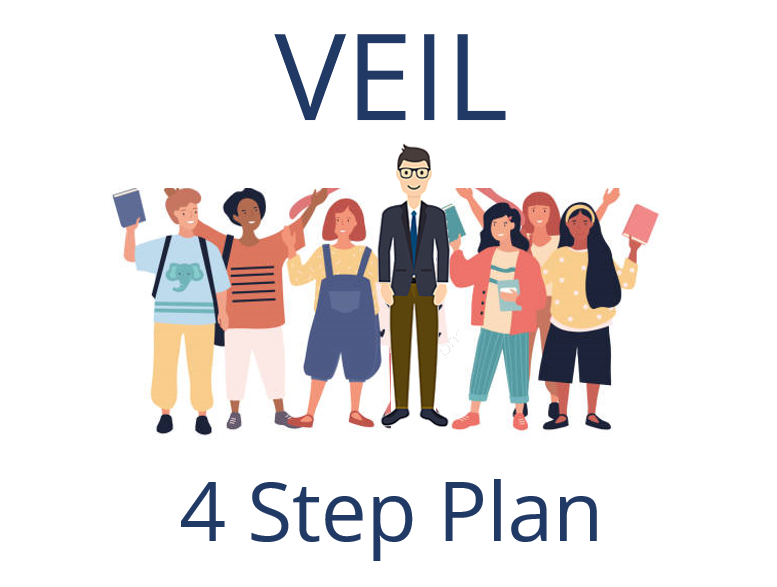

In an Age of Social Media, why Knowing our own Story is the Root of Good Mental Health
Earlier this year Mark Zuckerberg gave an interview in which he announced the new mission of Facebook to ‘connect the world’. Behind the soundbite lay Zuckerberg’s belief, common to others before him who find vast wealth but less meaning funnelled into their hands, that many of the world’s economic and social ills could be solved by connecting communities online. It is a profoundly mistaken idea.
Internet pioneers have always wanted to believed in a utopian vision: a network of linked peoples, sharing ideas, knowledge and goods, breaking down barriers, increasing democracy.
Yet increasing evidence suggests it contains significant, and as yet unsolveable, psychological risks to those who must manage their ‘selves’ in such a connected world. The self faces two concurrent risks: attentional strain and identity fragmentation.
IDENTITY FRAGMENTATION
Your online self is a construction of the snippets of information that you choose to post and share; messages, images, tags, likes, snap shots. If you are a teenager you manage an Instagram identity, alongside a Snapchat identity, as well as running a Facebook history. Your multiple versions of yourself are just that. Holding a singular version of yourself is almost impossible. One of the pressures that each version, each post, is instantly judged. “Jeered or cheered, hugged or mugged”. To survive, the teenager must constantly adapt; presenting different facets of their story according to the mood of the crowd.
As the self starts to ‘slip, slide, perish’ in the words of T.S Eliot, it is reduced to a series of posted snippets, flashed images, shrieks and emojis. The self is afloat, adrift on a surf of reaction trying not to be drowned under the waves. There is little refuge; reinventing our self on a different platform risks us becoming a digital ‘third culture’ child. Networked but rootless.
ATTENTIONAL STRAIN
Maintaining attention across the number and intensity of online platforms is effortful. It requires a kind of hypervigilance. You see it in the anxious flicking to the phone at every available moment. The adult equivalent is news-feed hyper vigilance, flicking between news channels throughout the day to keep getting a drip of updates. Such constant monitoring is draining; it creates anxiety and requires a continual sense of alertness.
Using our technology AS Tracking, we monitor and track the effects of ‘over-regulating’ on pupils at school. Pupils who over regulate are self and socially monitoring for various reasons. But commonly, they have an increased risk of a sudden ‘dysregulation’. Like a driver on the road under strain for too long, they may simply veer off unexpectedly, and ‘crash’. These pupils are of particular concern because the warning signs of this are hard to spot; over-regulating presents as the pupil who is in control, composed, and managing very well.
One of the reasons why an increased number of pupils are over-regulating may be around academic pressures. Another may be social pressures, amplified by hypervigilance on social media. Psychological health involves two actions: first, lowering that attentional strain; second, forming a whole view of our self.
Perhaps this thought might give fresh impulse to that ‘digital switch off week’ you are planning. Or that policy decision not to allow lower years to have phones.
But it might also give impetus to more old fashioned ways in which children are encouraged to explore and tell their own story. That creative writing project. Keeping a journal or diary. Building up a printed photo album or scrapbook. These have increasing value for children’s whose image of their selves is otherwise so fleeting and fragmented.






